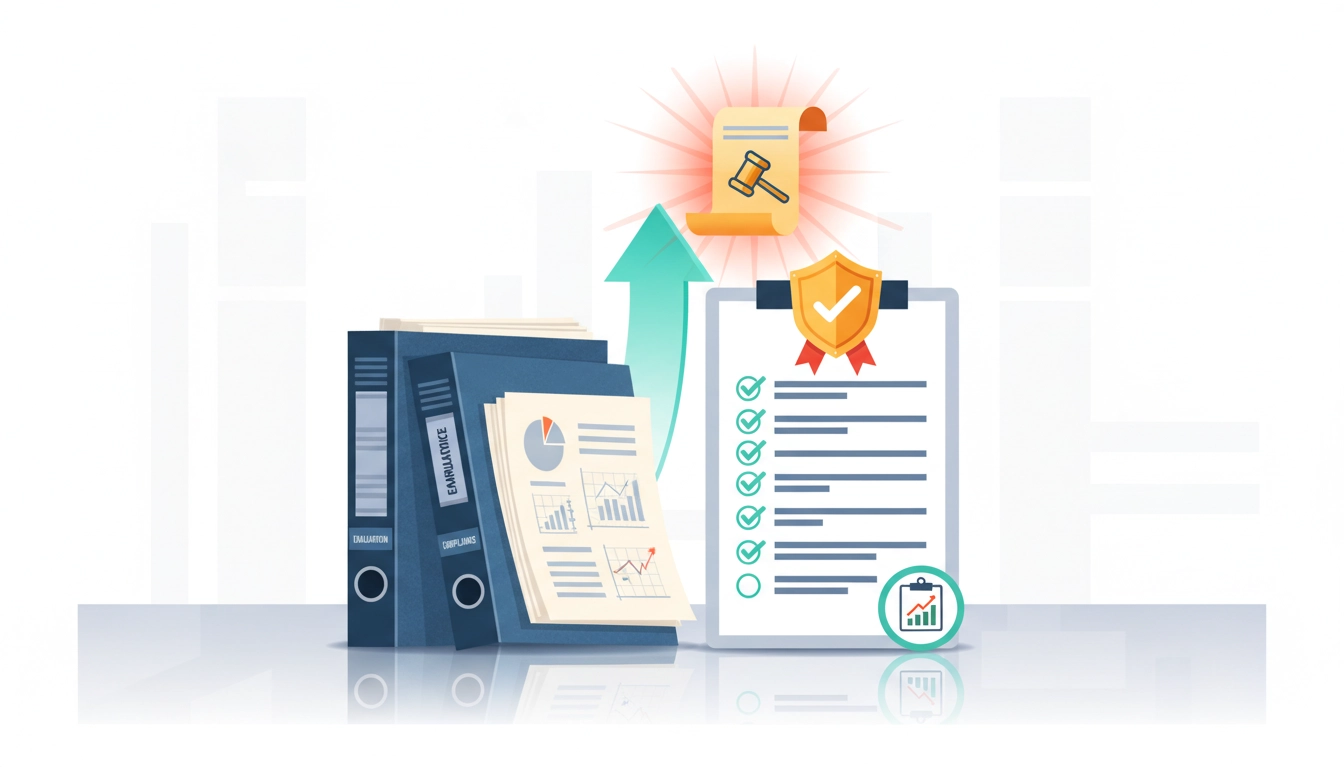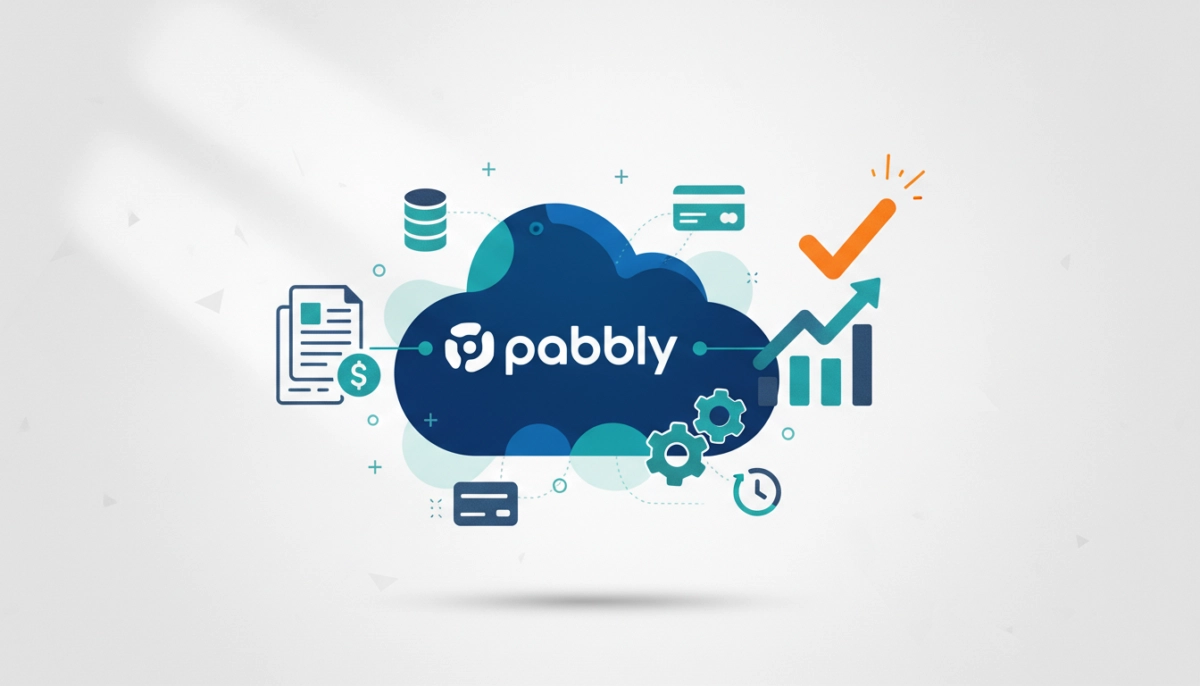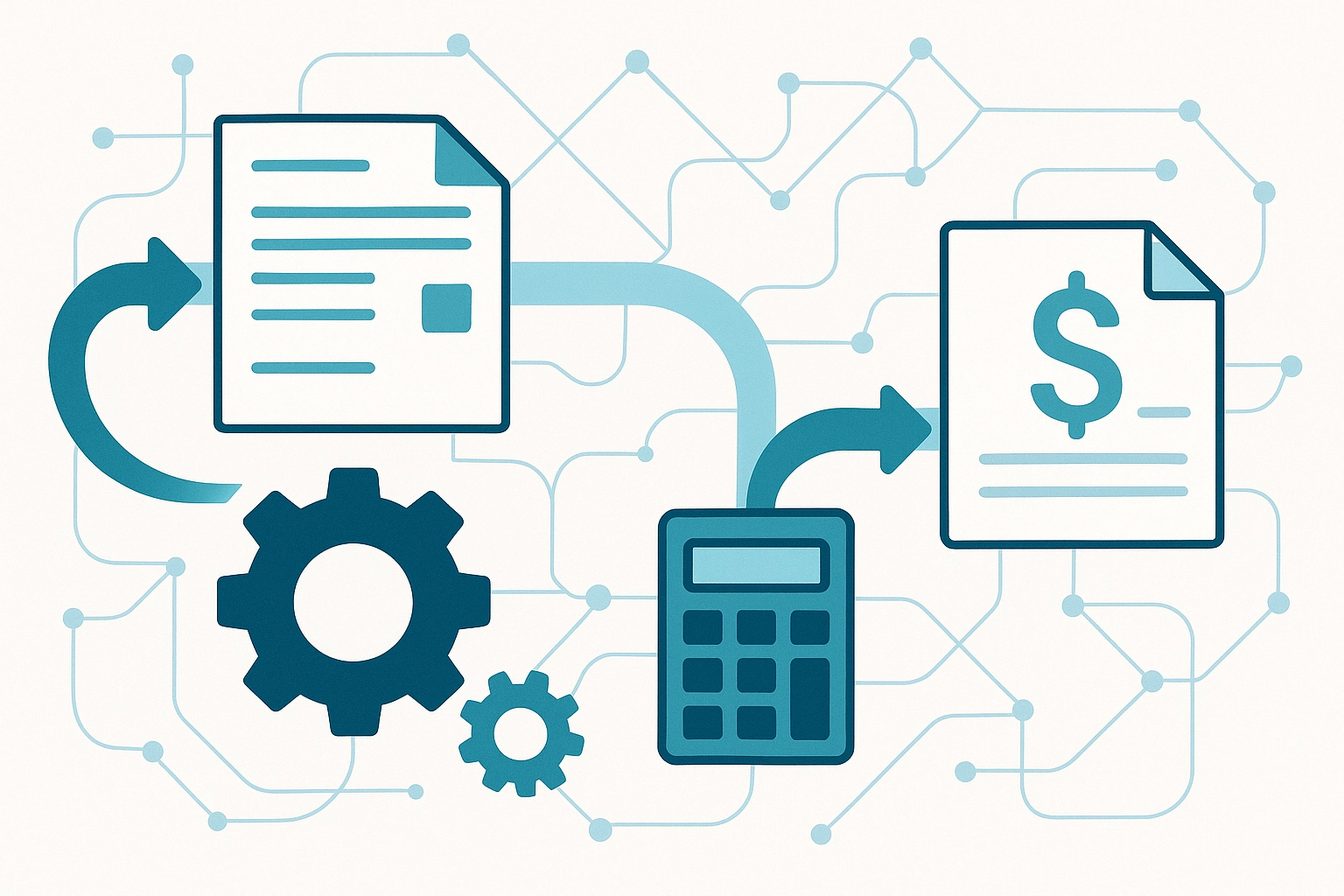Project management in marketing begins with onboarding, where understanding client needs is key. This initial phase sets the tone for the entire project, laying the groundwork for a clear, focused direction. Once this foundation is established, the journey continues with the deployment of specialized project management tools. These tools are instrumental in crafting a roadmap for success, clearly delineating tasks, roles, and deadlines for every team member.
Time management then takes center stage. Tracking and managing how each team member allocates their time is crucial for maintaining project efficiency and quality. Here, time-tracking software plays a vital role, offering insights into time utilization and pinpointing areas needing improvement.
In today’s tech-driven era, AI tools have revolutionized project workflows. By automating routine tasks and providing data-driven insights, AI enhances process efficiency, allowing teams to concentrate on the creative and strategic elements of the project. These tools not only streamline operations but also preemptively address potential challenges.
The culmination of project management is in the invoicing and payment process. Efficient invoicing ensures a smooth financial closure for both the agency and the client, reflecting the seamless execution of the project. It’s a critical step for maintaining healthy cash flow and signifies the successful completion of the project management cycle, from initial client engagement to the final financial transaction. This journey encapsulates the essence of modern project management in the marketing sector, highlighting the importance of each phase in achieving overall success.
The Foundation of Project Management in Marketing Agencies
In marketing agencies, project management isn’t just about keeping tasks on track; it’s about navigating the complex interplay of creativity, client expectations, and tight deadlines. Each project brings its unique set of challenges, often characterized by shifting scopes and diverse team dynamics. Managing this fluidity, while ensuring timely delivery and maintaining quality, is a pivotal challenge. Additionally, marketing projects require constant adaptation to market trends and client feedback, making flexibility and agility key components of successful project management.
Project management software and tools play a critical role in addressing these challenges. They act as a hub for organizing and streamlining various aspects of a project. From setting clear objectives and timelines to assigning tasks and tracking progress, these tools provide a structured approach to what can otherwise be a chaotic process. They facilitate seamless collaboration among different teams and departments, ensuring that everyone is aligned with the project’s goals and deadlines.
The choice of the right project management system is crucial. It can significantly impact the efficiency and effectiveness of an agency’s operations. With an array of options available, selecting a system that best fits the specific needs of a marketing agency can be daunting. For insights into the top project management systems tailored for digital businesses, including features and functionalities that cater specifically to the unique demands of marketing agencies, explore the Top 15 Best Project Management Systems for Digital Businesses.
Incorporating these tools can transform how marketing agencies approach project management, shifting from a reactive to a proactive stance, and ensuring that even the most complex projects are delivered efficiently and effectively.
Optimizing Time and Resource Management
Time management and resource allocation are key elements in the project management landscape of marketing agencies. Effectively managing time impacts not just the efficiency and productivity of a team but also client satisfaction and overall profitability. It’s more than tracking hours; it’s about optimizing how time is used, ensuring the right resources are allocated to appropriate tasks at the right time. This balancing act involves aligning team members’ skills and strengths with specific project demands, and making sure no one is overburdened or underutilized.
In digital marketing, where multiple projects often overlap, a robust system for time tracking and resource management is vital. Such software solutions offer a transparent view of time expenditure on various tasks and projects, allowing managers to make informed decisions about resource allocation. They identify areas of inefficient time use, aiding in reallocating efforts to maximize productivity and minimize burnout.
For marketing agencies seeking to improve their time and resource management, there is a wide array of software solutions available. These tools range from simple time-tracking applications to comprehensive platforms that integrate time management with other facets of project management, like scheduling and workload management. The right tool can significantly enhance an agency’s operational efficiency, enabling it to deliver projects on time, within budget, and with high quality.
There are many softwares to track time of your employees, each offering unique features to optimize time management and resource allocation. This guide provides valuable insights into selecting the best tools to keep your agency competitive in the fast-paced world of digital marketing.
Enhancing Project Delivery with AI and Automation
As we progress further into the digital age, Artificial Intelligence (AI) and automation are becoming increasingly integral in enhancing project delivery within marketing agencies. AI’s role in project management is transformative, offering new levels of efficiency and accuracy that were previously unattainable. By integrating AI into project planning, execution, and monitoring, agencies can automate routine tasks, analyze data more effectively, and make more informed decisions.
AI significantly contributes to various phases of project management. In the planning stage, AI algorithms can predict project timelines and outcomes based on historical data, helping to set more accurate goals and expectations. During execution, AI tools assist in automating repetitive tasks, freeing up team members to focus on more strategic and creative work. This not only boosts productivity but also enhances the overall quality of the output. Moreover, AI’s ability to continuously learn and adapt means that it can provide ongoing insights to refine strategies and processes over time.
In terms of project monitoring, AI systems offer advanced tracking and reporting capabilities. They can monitor project progress in real-time, identify potential issues before they become problematic, and suggest corrective actions. This proactive approach to project management ensures that projects stay on track and within budget, reducing the risk of overruns and delays.
To explore the potential of AI in project management further, particularly for small businesses, the article Best AI Writing Tools for Small Businesses provides valuable insights. It showcases how AI tools, especially in writing and content creation, can be a game-changer for efficient project management, illustrating the broader impact of AI across various business functions.
Streamlining Marketing Agency Workflow: The Critical Role of Efficient Invoicing and Payment Processes
Transitioning from project execution to the financial aspects of agency operations, we encounter another crucial element: efficient invoicing and payment collection. In a marketing agency, where projects are diverse and client requirements vary widely, managing the financial workflow is as essential as managing the creative workflow. Efficient invoicing isn’t just about getting paid; it’s about maintaining a healthy cash flow, which is the lifeblood of any business. This involves not only sending out invoices promptly but also ensuring they are clear, accurate, and reflective of the work done.
Payment collection is another vital aspect. Agencies need to have systems in place that allow for timely and hassle-free payment processing. This is where tools like Invoice Crowd come into play. With features such as recurring invoicing, agencies can automate the billing process for ongoing projects, saving time and reducing administrative overhead. The split payment feature is particularly beneficial for larger projects, enabling clients to make payments in installments, which can be more manageable for them and ensures a steady cash flow for the agency.
Another significant feature is the ability to generate detailed business reports. These reports provide invaluable insights into various financial aspects of the agency, such as project profitability, expense tracking, and overall financial health. This data is crucial for making informed business decisions and strategizing future growth.
Moreover, the versatility of Invoice Crowd in supporting multiple payment gateways – including PayPal, Payoneer, Stripe, Razorpay, and Square Payments – offers clients flexibility and convenience in making payments. This not only enhances the client experience but also accelerates the payment process, further improving cash flow.
In addition, tracking project profitability is another area where Invoice Crowd excels. By integrating financial data with project management, agencies can get a clear picture of the profitability of each project. This helps in identifying which types of projects are most lucrative and which may need a strategic rethink in terms of pricing or resource allocation.
For marketing agencies, choosing the right invoicing and accounting software is crucial for maintaining an efficient financial workflow. It’s not just about billing and payments; it’s about having a comprehensive system that can handle all aspects of financial management, from invoicing to report generation.
For those looking to get started with efficient and effective invoicing solutions, check out Create Invoice to explore how this tool can transform your financial management system. The right invoicing and accounting software can make a significant difference in managing the financial health of your agency, ensuring you stay focused on creative and strategic pursuits while keeping the financial aspects running smoothly.
Conclusion
In conclusion, the success of a marketing agency hinges not only on creative and strategic excellence but also on effective project and financial management. As we’ve discussed, leveraging the right project management tools can significantly enhance team efficiency, time management, and resource allocation. The integration of AI and automation further streamlines project execution and monitoring, leading to better project outcomes.
However, the efficiency of an agency’s operations extends beyond project management. The financial aspect, particularly efficient invoicing and payment processes, is equally crucial. Tools like Invoice Crowd provide comprehensive solutions for these financial tasks, ensuring smooth and efficient cash flow.
For marketing agencies, especially small businesses, selecting the right small business tools is essential to streamline business operations and financial transactions. These tools not only optimize project management but also ensure that the financial health of the agency is well managed, leading to sustained growth and success in the competitive world of digital marketing.



